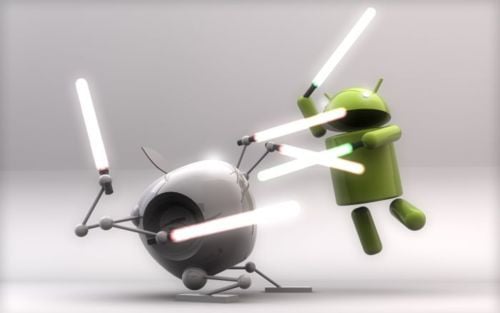The Pixel Qi, a screen that uses both LCD and e-ink technology, debuted about a year ago showing its ability to switch between its LCD for video and normal computing and then switch to an e-ink display when being used outside in direct light. This is not to be confused with Barnes and Noble’s Nook that uses 2 separate screens, one a LCD, the other e-ink to bridge the gap, this is just one screen and is able to switch between them both at will. What makes this interesting is Apple’s interest in the technology. Amazon has made a lot of money from eBook sales and Apple was looking for part of the market too, in which case it was able to position itself with the iPad as an eBook reader. The problem with this, which Amazon has been keen to point out, is that the iPad isn’t a real eBook reader and still suffers from problems like not being able to read outside in direct sunlight due to glare, along with lower battery life and the eye strain that comes from staring at a LCD screen.
Recently Apple filed for a patent that would have a translucent e-ink display that goes over the LCD screen in which it could switch the displays automatically as needed. This is an interesting development for Apple, as they are perfectionists at heart, and if they plan on using this technology in future tablets means that have will have to overcome certain tech limitations. These limitations come from trying to mix the two technologies which leaves the LCD with lower viewing angles and makes it look less robust and crisp compared to current LCDs, while on the other hand it also gives the e-ink screen a slight glare, most likely from the glass that covers the display itself. These problems seem minor, and for any other company they would be, but Apple has prided itself with the fact that it uses such crystal clear displays and noticeably lowering their quality might disappoint Apple fans who buy these products for this level of quality.









